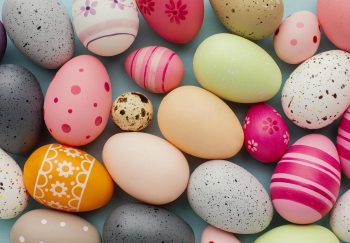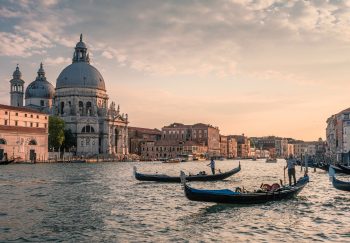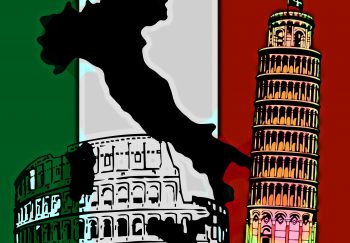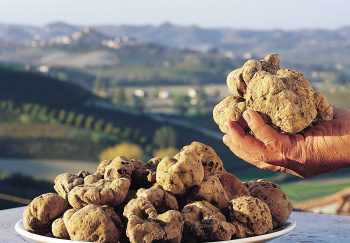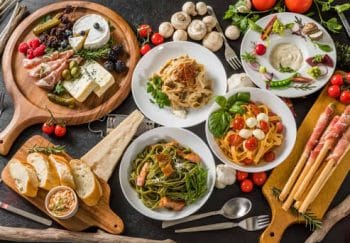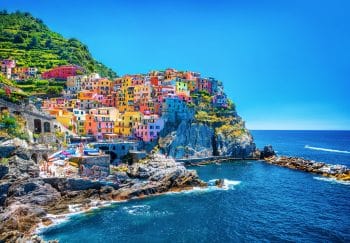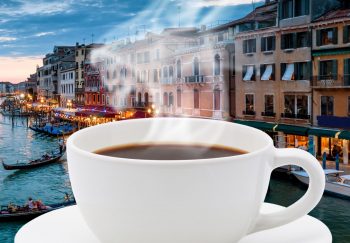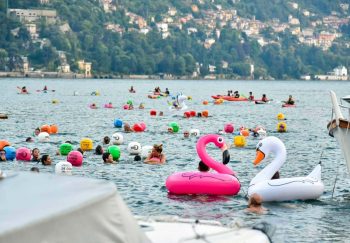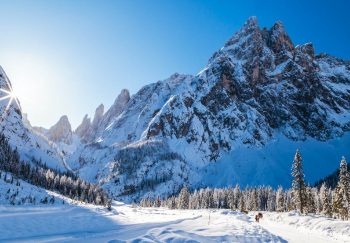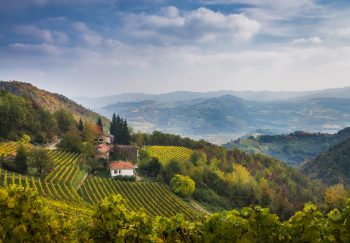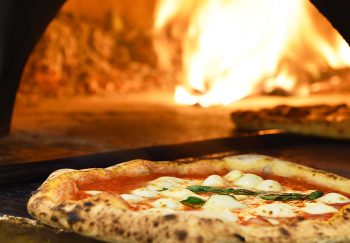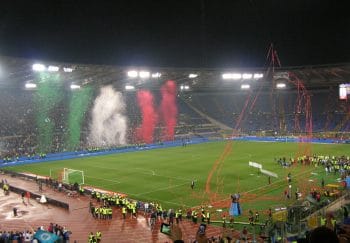Easter is Italy’s most important holiday. attracts many visitors during Holy Week. However, there are numerous religious services and processions throughout Italy – some more traditional than others.
We’ll get to it in a moment.
It is possible to have some problems when traveling to Italy. For example, major attractions may be closed and trains can operate on holidays. This doesn’t mean that you have to cancel your trip. It just means that you need to be familiar with the Easter celebrations in Italy.
Easter in Italy
Easter Sunday in Italy is big, but it doesn’t begin there. Holy Week begins on Palm Sunday and continues through Easter. There are also processions and religious services throughout the week.
The most famous are the Good Friday procesions, which include the “Stations of the Cross”, in Rome, and one in Enna with thousands of white-hooded priests bearing statues of Jesus Christ and the Virgin Mary. There is also a procession in Chieti in Abruzzo, with thousands of brothers in hooded robes, and a marching orchestra and a choir singing the “Miserere”.
kwah – is marked by services in churches throughout the country, as well as a big meal enjoyed at home with family. Easter traditions include roast lamb, artichokes and sweet bread “Colomba”, which in Italian means “dove” (it’s said to have the shape of a flying Dove).
Unfortunately, there is no Easter Bunny here in Italy. However, there are plenty of chocolates, especially large chocolate eggs with prizes inside. Although some eggs seem large enough to hide a child inside, I doubt that this is what they were made for.
The Vatican’s Easter celebrations are grand. There is a large mass at St. Peter’s Square in morning ( Rain or Shine!), and then the annual “Urbi et Orbi” speech by Pope Francis at noon.
is perhaps the most fascinating Easter celebration in Italy. At least, that’s what I have heard. After the services, a dove-shaped rocket takes off from the Duomo and lands on a wooden wagon that has been set up in the square. The fireworks are then lit and ignited. It’s true that Easter can be a sad holiday in Italy. But in Florence, it’s an occasion for fireworks.
Easter Monday
It’s not just Easter Sunday that the festivities end in Italy. KWEH This literally means “little Easter”, but it is more commonly known as “Easter Monday”.
It’s said that “Natale conti suoi, Pasqua conti chi vuoi” is an Italian saying. This means “Christmas with your family, Easter with whom you want,” but Easter Monday is when Italians, especially those of younger generation, get together with their friends.
If the weather is good, Pasquetta is a great excuse to pack a picnic for a day in the country. Some cities host special events and concerts on Easter Monday, so not everyone has to leave town. There are Pasquetta games, too, such as the Palio dell’Uovo – Palio of the Egg – in Tredozio (including a hard-boiled-egg-eating contest and an egg-themed obstacle course of sorts) and the race in Panciale involving local contestants rolling wheels of cheese around the city walls.
It’s Easter in Italy: What you Need to Know
To check if your trip falls on any Easter celebrations, first you need to look at the . If it does, then you can decide what to do.
I enjoy seeing people in celebration. It’s a great experience. If your trip coincides with Easter in Italy, here’s what I would suggest.
- Make sure to book as far in advance as possible. If the museum offers advance tickets, you should do so if you plan to visit it during the holiday weekend. Larger crowds and shorter holiday hours mean that lines can be longer. These are not to be avoided.
- Make changes to your travel plans in order to avoid traveling over Easter weekend. Avoid being in transit during peak holiday hours. Reorganize your plans to get there before the weekend, and then stay there until the celebrations are over. Then? Participate in the fun.
- Make train reservations if traveling over Easter weekend. Book your train tickets and reservations well in advance if you are absolutely required to be in transit from Good Friday through Easter Monday. You will have fewer seats available if you wait too much due to limited holiday schedules, and many Italians travelling for the holiday.
- Check the hours of all museums and attractions. There may be a few hours that are closed. You can plan your day better by knowing what is open and when.
- Look for dining options in the area when you arrive. Ask around or talk to the concierge at your hotel. Although restaurants in chain hotels and larger hotels will usually be open during holidays, you might find something more appealing if you have the time.
